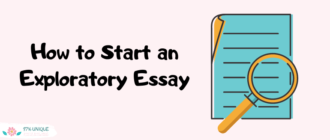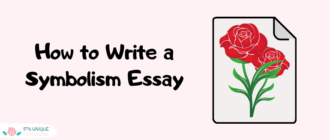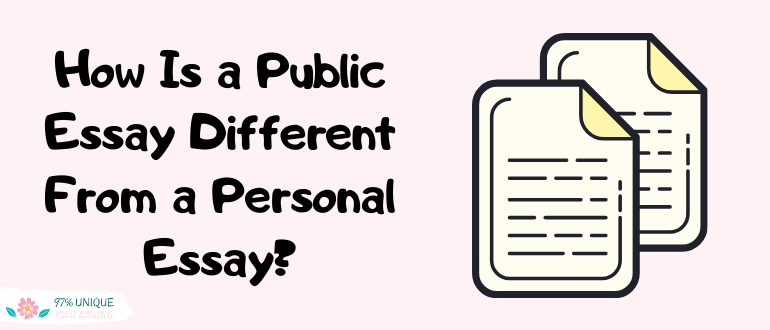
How is a public essay different from a personal essay?
And, most importantly, why do they even matter?
These are two fundamental questions for any writer to answer. Luckily, I’ve got it figured out for you, thanks to the endless papers I’ve written!
While there is a pretty big difference between personal and public papers, you can master writing both with the right amount of preparation and understanding. After reading this article, you’ll be able to:
- Differentiate between personal and public essays.
- Write personal compositions that convey an impactful and meaningful message learned from your own life.
- Construct public works that present an idea or argument that is relevant and contributes to a relevant conversation.
Now let’s get this show on the road.
How Is a Public Essay Different From a Personal Essay?
Before getting into how to write public and personal compositions, let’s break down exactly what they mean.
What Is a Public Essay?
A public essay can be defined as a work that deals with presenting and addressing facts. That’s not to say that a public piece is academic; in fact, there is a big difference between your typical college composition and a public one.
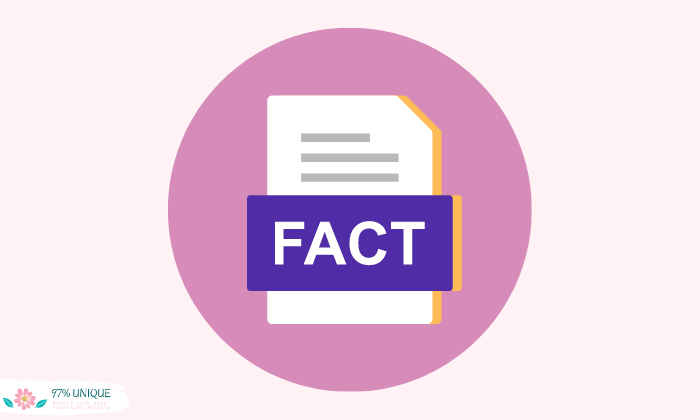
You see, public writing focuses on contributing to an ongoing discussion on a particular idea, theory, argument, or topic by adding your own thoughts or beliefs. There is no need for any literature reviews or citations — you are sharing how you feel while providing relevant context.
In this way, there are specific tones to follow. At the same time, there are writing conventions to break (and who doesn’t love breaking the boring writing rules?!)
All About Public Essays
Let’s break it down every further:
Forms
Public essays take on A LOT of forms, such as opinion pieces, blogs, magazine features, memoirs, speeches, or reports.

They’re topical and not catered to any specialists, but rather meant to be read by a general audience (hence the term “public”!)
Viewpoint
What’s especially great about a public work is that you can address your piece in either the first or second person. For example, if writing an opinion piece, you might use “I think ____” whereas if writing a speech, you can address the audience directly, saying something like “You may believe ____.”
Tone
Public writing is always less formal than academic writing, so you should take on a more conversational, direct tone and mix up your sentence structure.

Don’t worry about avoiding fragments or using some slang!
Structure
Speaking of academic conventions, you don’t have to incorporate the typical intro-body-conclusion format, either. Public writing should be focused on the message above all.
You can start with your message right away and don’t need a concluding statement that wraps up your points. You can end with a thought-provoking sentence that relates to your overall argument.
Vocabulary
Dr. Laurie Petrou, Associate Professor at Ryerson University in Toronto, shares good advice on Twitter: “Rarely utilize superfluous verbiage in lieu of commonplace vernacular. Never use fancy words where clear ones will do.”
Rarely utilize superfluous verbiage in lieu of commonplace vernacular.
Never use fancy words where clear ones will do. #essaytip
— Dr. Laurie Petrou (@lauriepetrou) March 4, 2016
Overly technical terms are rare unless they’re necessary to the argument. Using simple and direct language will captivate an audience on a much deeper level.
Purpose
A purposeful public work will address the topic in question, bring on a unique perspective, avoid trite academic vernacular and spark interest in an audience.
Length
The length of your piece will vary depending on the format you choose to pursue.
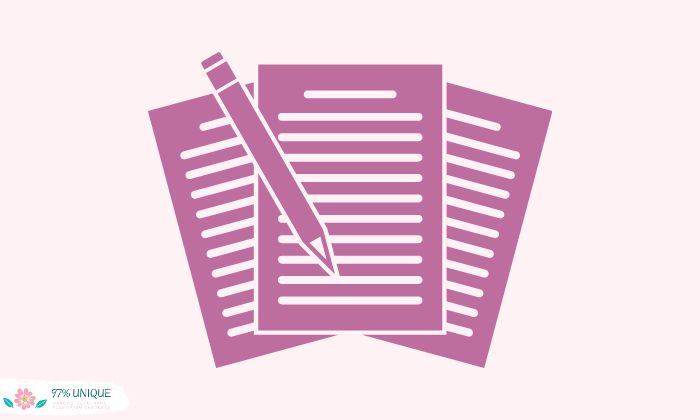
Though many essays average between 1-3 pages.
3 Tips on Writing a Public Essay
So, what are some good tips and tricks for nailing that perfect public essay?
- Lay off the heavy research: Some topics will naturally require research, especially historical subjects. Gathering a couple of stimulating facts or statistics is enough to back up your argument.
- Incorporate anecdotes: Since you are including your viewpoint on the subject, feel free to share a quick quip about yourself to give your piece a humanistic touch.
- Address opposing points of view: Addressing differing opinions makes your argument more well-rounded (and intriguing!)
What is a Personal Essay?
These are my favorite kinds of essays to write, and you’ve most likely written one yourself!
A personal essay is a narrative work that draws on the writer’s life experiences to provide life lessons or other messages. As YouTuber Haley Kang semi-jokes in her YouTube video, a personal piece focuses on YOU, so it’s your time to be “a little narcissistic!”
Personal pieces may deal with many topics, including a person who has influenced you or your favorite book or movie.
All About Personal Essays
Personal essays will always have their requirements, some of which also break conventions!
Forms
Most students will be required to write a personal essay for their college application. However, they are also a popular form of creative nonfiction for many authors, such as my favorite, David Sedaris.
Viewpoint
As you are writing about YOUR experience in your personal essay, you should always be writing from a first-person perspective.
Tone
Above everything, the tone of your personal composition should be conversational, fostering a connection with the reader.

Depending on the subject matter, personal pieces can either be inspiring and cheerful or emotional.
Structure
Personal works follow the traditional intro-body-conclusion format.
To elaborate, the intro must have a captivating hook, which can consist of any number of things — humor, surprise, or even suspense. Furthermore, the intro should address the key points you will be discussing.
Your body is the meat of your story and is where the most powerful stuff will be. An effective composition will use several components: an epiphany, suspense, climax, self-honesty, and vivid descriptions of characters.
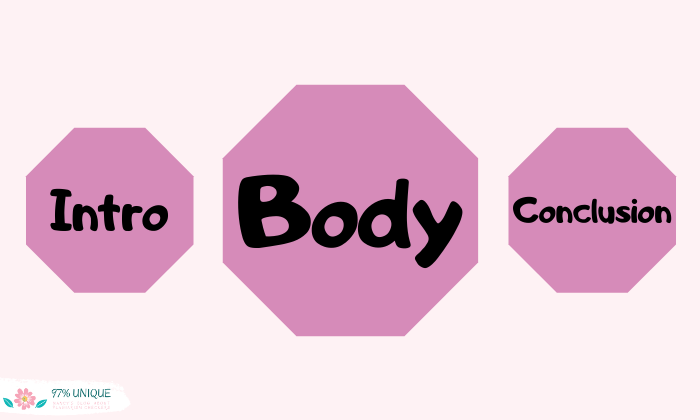
After all, people are “thirsty for real stories,” or those that are relatable to our struggles. And, of course, the conclusion will wrap up your points and leave readers feeling happy they took the time to read!
Vocabulary
It’s recommended that personal pieces use a “scene-building technique,” or use evocative language to bring to life settings, people, actions, and feelings.
There’s a good chance that you won’t remember every single word spoken during an event, but you remember how you felt. Use vocabulary that encaptures that, and you will succeed.
Purpose
In this YouTube video by Prolecturer, the YouTuber makes a prominent point regarding personal writing: many people struggle with differentiating between personal pieces and short stories.
After all, aren’t both telling a story? While this is true, a short story uses a plot, rising action, falling action, a catharsis — all that typical story stuff.
On the other hand, as the YouTuber states, a personal work’s purpose is to consist of a “series of related ideas” that reveal who you are as a person.
Length
As the personal composition follows an intro-body-conclusion format, the standard length is five paragraphs, one for the intro, three in the body, and one for the conclusion. Of course, this will vary depending on your subject.
3 Tips on Writing a Personal Essay
Just like with public works, there are good tips to follow for personal pieces:
- Don’t forget the basics: Brainstorm extremely powerful events in your life, pick one and outline what you will say.
- Get into the flow: Susie Cochin de Billy of Arcus Advisory offered some fantastic writing advice on Twitter: “Let yourself go, get into the flow and don’t stop to reread or edit.” Write out your rough draft, and don’t think about editing until it’s done.
#PersonalEssayTips: Explore the Common App #EssayPrompts & narrow your choice to one or two. Make notes, create a rough outline and attack the first draft. Let yourself go, get into the flow and don’t stop to reread or edit. Before you know it, you are on your way! #ArcusAdvisory pic.twitter.com/GR3zXIe3zC
— Arcus Advisory (@Arcusadvisory) September 12, 2019
- Read your paper out loud: Once you’ve completed your first draft, read it out loud to see how it sounds. From there, you can edit and proofread.
Of course, another important aspect is to check for plagiarism, which you can do online and read more about here.
Key Differences Between Public and Personal Essays
So, how is a public essay different from a personal essay?
Personal pieces are all about YOU — your story and the lessons you’ve learned.
Public pieces do include what YOU think but concern a set of facts as well.
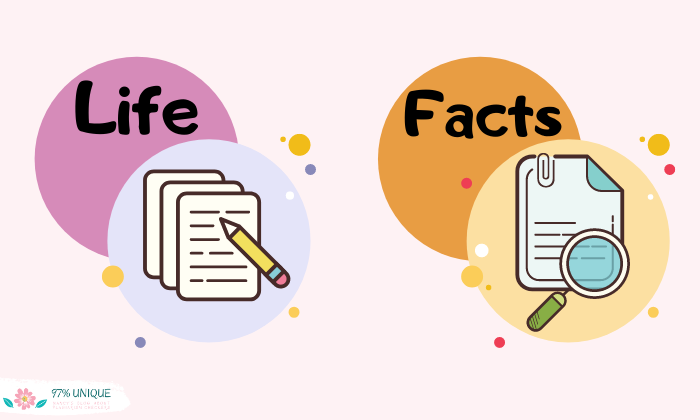
Of course, there are plenty of other types of essays, including qualitative papers, which you can read all about in this article.
Useful Resources
- First, second, and third person
- Primary and secondary sources
- How to write a good hook for your essay
- Essay writing essentials
And that’s it!
Now you know the answer to the question “How is a public essay different from a personal essay?” but how are they alike? Well, they both offer a thrilling journey for all writers; at least, I think so! Even better, they don’t require all that academic research!
In fact, you can even write them in a day, just like with literature reviews, which you can read about here.



